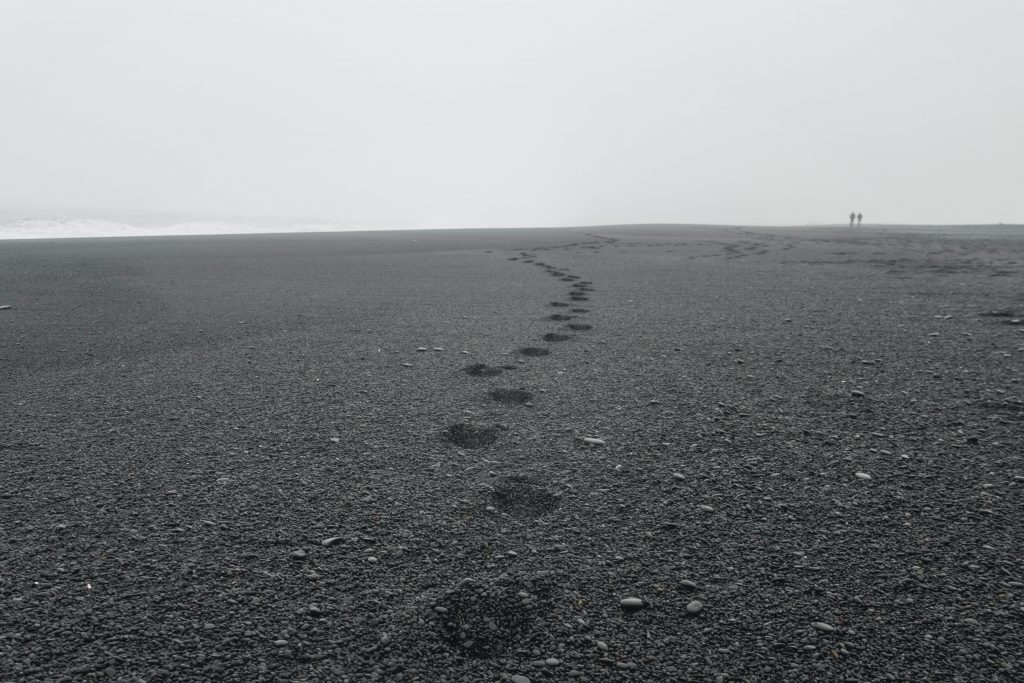University of Kent Occupational Health and Wellbeing Manager, Brenda Brunsdon
Horror is not my favourite genre of film to watch. I don’t like being scared; the feeling of my heart racing in my chest, the sensation of my eyes on stalks, waiting for the next terrifying surprise. I’ve not yet been able to steel myself to watch ‘The Exorcist’ or ‘Rosemary’s Baby’. However, there are some I love and I am really glad I’ve seen, like ‘Carrie’ and ‘Jeepers Creepers’.
There is a form of entertainment I enjoy even less and that is TV soaps. In this case the story plays on our emotional fears over unsafe domestic, personal and family situations rather than far-fetched horror scenarios. They represent an emotionally uncontrollable everyday existence where the characters are persistently distraught about events in their lives. In reality, the reason for the awful events is the continuation of the storyline because it is entertainment. Sometimes, though, It can mean so much more to the viewer who is engaged in a ‘relationship’ with the characters.
Covid 19 is real. It is not a horror story but a horrible reality. The reality is that this is an infectious disease which is increasingly serious depending on certain risk factors: membership of the BAME community, living in a socio-economically deprived community, male gender, age over 65 years, suffering from uncontrolled diabetes or severe asthma(1). This knowledge of the disease helps make us safer because we can act to protect those most at risk.
Covid 19 has scared us all. For some it has brought pain and grief where loved ones have been seriously ill or died. For most, the fear has come from what we have seen on the TV, read in the media and listening to stories within our community. That fear tells us that it’s safer to carry on distancing ourselves from other people. But the isolation itself is damaging us, socially and psychologically. As a result, we could be starting to project non-rational fears onto being in social situations.
Occupational Health research shows that once a person has been away from their work for 8 weeks they start to disassociate from their role and their colleagues. They feel out of control of what has been happening in their absence and start to project negative emotions onto the situation. The longer someone is away, the harder it becomes for them to return, whatever the reason may be.
If you are frightened of getting back to how things were before, you’re not on your own. But, by starting to play with the idea that you can have control over what happens, by imaging how you can do this safely, you can start to imagine how good it will be to socialise, even with social distancing and other measures in place.
The University has lots of means of support available to you if you are struggling with coming out of lockdown. Here are links to where you can find more information:
Employee Assistance Programme: login: uokent; password: university. Freephone: 0808 168 2143.
Care first Article: Preparing for Coming Out of Lockdown

